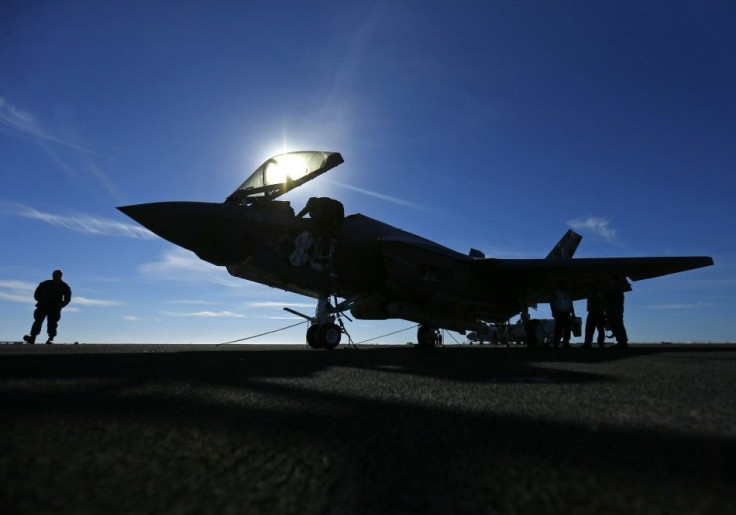Obama Wants To Expand US War vs ISIS, Urges Congress To Approve

As President Barack Obama congratulated the victors of the recently concluded elections in the U.S., he alluded to them in a press conference on Wednesday that he wants them to immediately begin reviewing a decade-old law that would give him the authorisation to launch a military campaign in Iraq and Syria against the ISIS.
His pronouncement was a deviation from earlier declarations he made, where he had said he had legal authority to order military action against the Middle Eastern terrorist group under existing statutes. It is being presumed that he delayed asking Congress for such authority until the elections have concluded since there will be a new breed of lawmakers in. However, majority of the Senate seats will be occupied by Republications, so observers are going to monitor how things will go.
Mr Obama wants Congress to update the 2001 Authorized Use of Military Force. Signed by former President George W. Bush on Sept 18, 2001, the AUMF "authorizes the President to use all necessary and appropriate force against those nations, organizations, or persons he determines planned, authorized, committed, or aided the terrorist attacks that occurred on September 11, 2001, or harbored such organizations or persons, in order to prevent any future acts of international terrorism against the United States by such nations, organizations, or persons."
That time, the U.S. was at war with al-Qaeda, the Taliban, and associated groups. A decade after, the U.S. government brings up the 2001 AUMF because the ISIS is a spin-off of the al-Qaeda group in Iraq.
But though somehow related, Mr Obama branded the ISIS a "different type of enemy," thus would require a different strategy to contain it. He mentioned the partnership with Iraq and other gulf countries, as well as the creation of the international coalition, aligned with that strategy which has to be structured differently. "So it makes sense that the authorization from Congress reflects what we perceive to be not just our strategy over the next two or three months, but our strategy going forward," Mr Obama said.
It has yet to be determined if Congress will tackle the issue during the upcoming lame duck session. But Mr Obama hinted to reporters that while the process may already start now, the real work "may carry over into the next Congress." The goal of the AUMF updating, he said, is to "right-size and update whatever authorization Congress provides to suit the current fight rather than previous fights."






